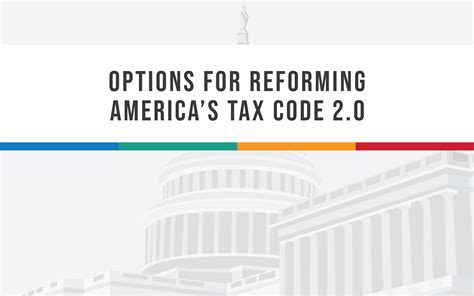When it comes to tax-exempt organizations, the United States is facing a systemic issue that extends beyond simple economic metrics. A staggering $3.3 trillion is tied up within tax-exempt entities, ranging from hospitals and universities to churches and credit unions. The financial ecosystem created by these entities necessitates scrutiny and reformation – but the question remains: how? The idea of taxing these organizations seems to have mixed reactions both in public and private domains. While some argue that taxing hospitals could lead to exorbitant healthcare costs, others suggest a more nuanced approach, such as focusing on transparency and accountability.
Healthcare, in particular, stands out as the most significant component of this tax-exempt economy. Hospitals and healthcare systems, which often operate at a slim margin, sometimes even a loss, are central to this conversation. Commenters on this topic frequently emphasize that injecting more taxes into this already costly system could exacerbate the situation, making healthcare even more unaffordable. For instance, rather than taxing hospitals directly, some argue for placing more stringent regulations on pharmaceutical companies or the incomes of highly paid executives. In reality, taxing healthcare institutions directly would most likely push prices further upward, burdening patients.
The sector’s inefficiencies and the complexities of healthcare economics make taxation a double-edged sword. On one hand, many argue that nonprofit hospitals should not be treated preferentially if they operate similarly to for-profit businesses. However, these entities often provide essential services to communities that might otherwise lack adequate healthcare facilities. This brings us to the fundamental challenge: balancing economic fairness with societal needs. Should hospitals like Kaiser Permanente, which generate billions in revenue, continue to enjoy tax-free status?
The other significant players within this tax-exempt realm are religious organizations. The debate around taxing churches often invokes the First Amendment, with opponents arguing that it would lead to governmental overreach and suppression of religious freedom. As commenter ‘toast0’ rightly points out, selectively taxing religions could indeed suppress undesired religious organizations. This opens a broader discussion about the extent to which religious institutions should be involved in political and economic spheres. Furthermore, there is the aspect of political influence; many believe that leveraging tax-exempt status to curb political activities or endorsements could ensure religious organizations remain purely within their domain of spiritual and charitable activities.
Many observers also question the mechanisms that enable businesses within the nonprofit setting, such as universities and athletic associations, to operate tax-free. For example, some universities manage vast endowments and engage in commercial activities that resemble for-profit business operations. Thus, one of the proposed reforms is to enforce stricter transparency and accountability measures. This would involve detailed public reporting on expenses, salaries, and capital expenditures. Implementing comprehensive disclosure requirements could dissuade misuse of tax-exempt status and provide a clear picture of an organization’s financial dealings. As commenter ‘EasyMark’ stated, understanding the actual cost structures of nonprofits could help the public discern legitimate charitable efforts from profit-driven maneuvers.
Additionally, broadening the tax base to include certain activities of nonprofits without compromising their core mission may offer a middle-ground solution. For instance, non-mission-related income could be taxed, ensuring that these organizations do not exploit their tax-exempt status to compete unfairly with for-profit entities. Considerations include implementing property taxes on valuable real estate owned by nonprofits while providing exceptions or reductions for entities genuinely serving the public good through benevolent activities.
However, any reform plan must consider the political feasibility of overhauling deeply ingrained systems. The United States has a long history of tax policies designed to benefit a diverse array of social institutions, from healthcare to education to religion. Tackling systemic issues within the tax-exempt economy requires a judicious blend of policy design and political willpower. It’s clear that streamlining tax regulations and ensuring accountability can bolster public trust and fairness in the system, but these reforms must be carefully crafted to avoid unintended consequences that could harm the very fabric of American society.
In conclusion, reining in America’s tax-exempt economy necessitates a multi-faceted approach. The prevailing sentiment is that while the system has its flaws, wholesale taxation of nonprofits is not the solution. Instead, targeted reforms focusing on transparency, accountability, and equitable taxation of non-mission-related income could pave the way for a fairer and more efficient tax-exempt sector. As the debate continues, it is crucial to weigh the economic, social, and political implications of any proposed reforms to create a balanced and sustainable solution.


Leave a Reply